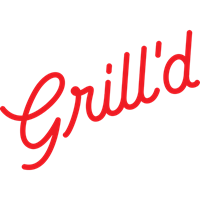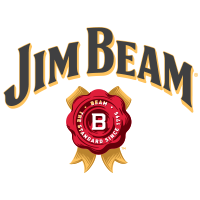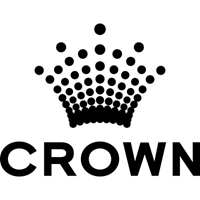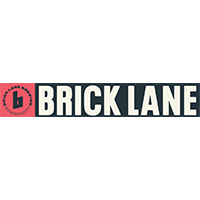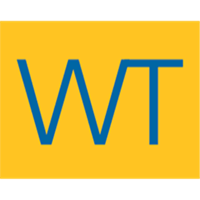
Content supplied by Fuel Your Life
Just like elite athletes, we all need to fuel ourselves effectively to perform at our peak, and that includes at work!
You may have heard marathon runners or rugby players talking about nutrition in the context of optimising sporting performance. The importance of fuelling their bodies strategically in an endeavor to win a race or perform at their peak come game day. But have you ever stopped to think about how your food choices are contributing to your performance at work?
Despite our brain accounting for only approximately 2% of our body mass, it utilises approximately 20% of our energy intake to provide the necessary fuel to function at its best. As dietitians we can apply nutrition strategies to fuel your brain for optimum cognitive performance, just like an elite athlete fuels their body for physical performance. Here are our top nutrition strategies to fuel your work performance.
1. EAT VEGEMITE FOR IMPROVED BRAIN FUNCTION
Although our non-Australian friends can’t stand it, Vegemite is a nutrient rich source of B group vitamins (vitamins B1, B2, B3, B5, B6, biotin, folic acid and B12). These play a significant role in maintaining healthy brain function as well as having a direct impact on energy levels. Fortunately, they are found in a range of foods, including our beloved Vegemite.
· Choose salt reduced vegemite as it is higher in B group vitamins than regular Vegemite. A single teaspoon provides 25-50% of your daily needs for vitamins B1, B2, B3, B6, folate and B12!
· Other sources of B group vitamins include dairy products, eggs, meat, poultry, seafood, green vegetables, avocado, wholegrains, legumes, citrus fruits and banana.
2. EAT EGGS FOR CHOLINE
Eggs are one of the richest sources of choline, an important nutrient shown to improve reaction time as well as enhancing memory and concentration by boosting neuron function in the brain (this is the way parts of the brain communicate to each other).
· Don’t be afraid of eggs as a nutritious breakfast choice to set you up for the day ahead. 2 medium eggs provide approximately 300mg choline per day (70% of the recommended daily intake). Be sure to eat the yolk (not just the white) as this is where most of the choline is found in an egg.
· Salmon, tuna and cod are also great sources of choline (187mg choline per 85g serving of salmon). Tossing a tin of salmon through a salad or into a wrap makes a nutritious lunch choice.
· For those following a vegan diet, shitake mushrooms and soybeans also provide a good amount of choline (115mg and 215mg per cup, respectively).
For more tips, check out the rest of this blog on the Fuel Your Life website here.







